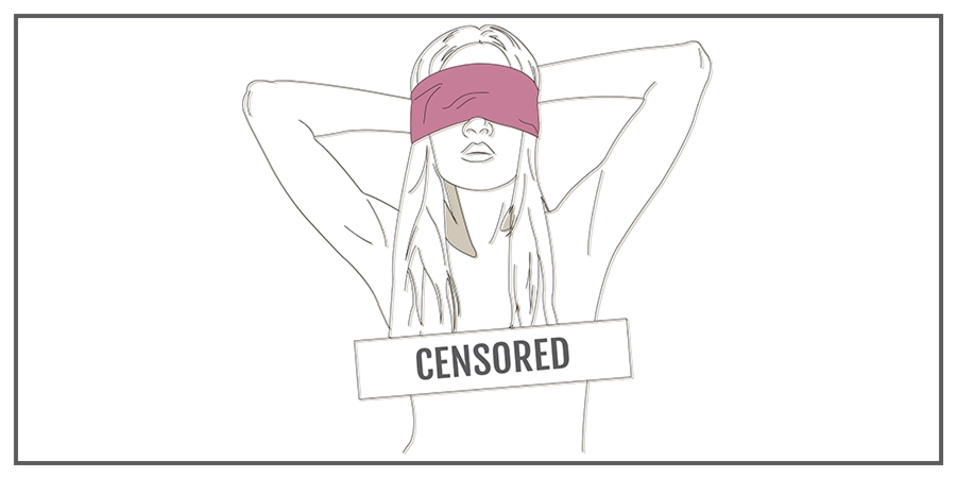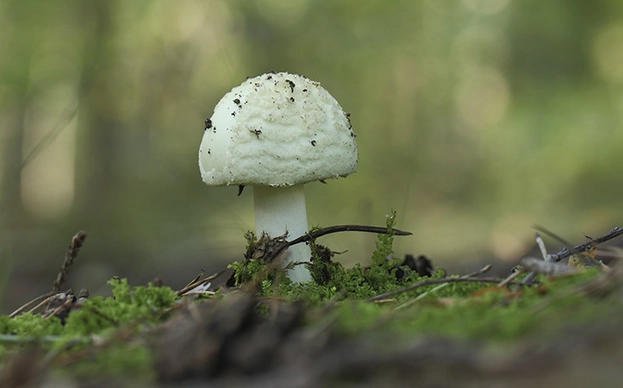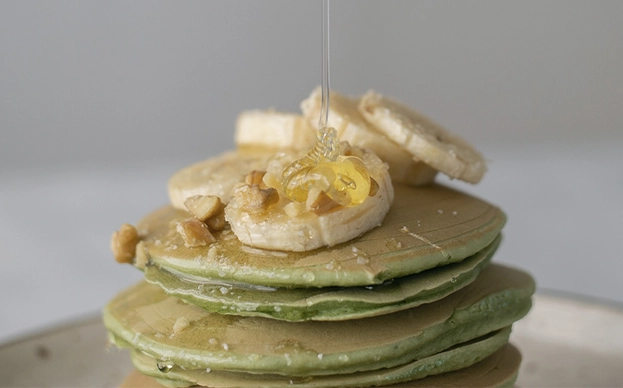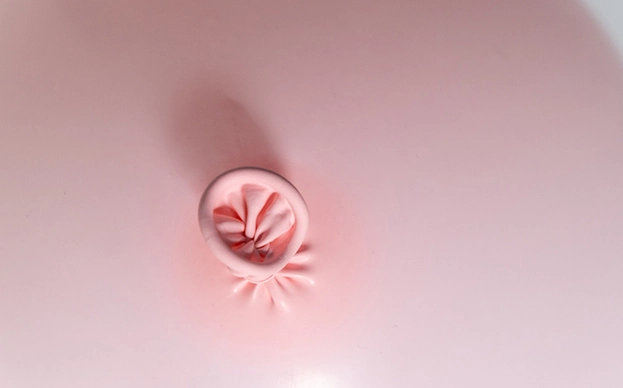
“You have to check your breasts at home to keep them healthy”, claims the breast cancer surgeon, Kristi Funk, in her new book ‘Breasts: the Owner's Manual’. The main thing is to understand the disease and to overcome the fears and prejudices that make us anxious. Cancer, and specifically breast cancer, is highly stigmatized since decades. It is been a while since it is no longer a synonym for death. Although it may affect both men and women, it is much more frequent among women. It could actually be said that one in eight women will develop breast cancer throughout her life. Right, it is frightening, but we do not need to pretend to be brave. It is not a fight, you do not win or lose. There is no need to be always in high spirits. It is logical to change the mood several times and nobody can blame you for it, not even you. However, this information is exceptional. Thanks to scientific research, improvements of treatments and early detection, the survival rate is over 90% after five years, and the chances for a cure in its early stages are almost 100%. It is a great reason to be more aware, do not you think?
Mammograms have reduced mortality associated with breast cancer by 35% since their implementation. This cannot be quantified in the case of self-examination. Self-examination is not a foolproof method, but in no case is it useless. They are not mutually exclusive, that must be very clear. The fact that you touch yourself and you do not find anything, does not mean that there is nothing. If you are between 45 and 50 years old, mammograms are real life savers. But it goes without saying that many women have gone to the doctor after having found a lump in their breasts or after having noticed a change in appearance. So, we repeat: do not stop touching yourself. It is vital (literally) to familiarize yourself with your breasts.
And how do I examine my breasts to detect breast cancer?
Ideally it should be done at least once a month, and the perfect moment is the week after the period. In the case of women that do not have periods any more, it is best to choose a day, such as the first or the last day of the month and make it a routine. Although the disease is less frequent among men, they can also explore their bodies in exactly the same way. First, you have to see. Stand naked from the waist up in front of a mirror with your arms relaxed by your sides. Pay attention to any change; that is why it is essential that you know your breasts perfectly. Look for skin changes, sinking of the skin, skin redness, dimples, wrinkles, swellings, dimply skin. Now put your arms over your head and take a look again: do you notice something different in the form or the size? Anything could be significant. An inverted nipple is also a reason for immediate medical consultation.
After seeing, it is time for touching. Standing up or lying down, whatever makes you feel more comfortable. Feel with the first few finger pads of the opposite hand the entire breast, its upper and lower parts, its sides, the nipple and the areola. You can move your fingers up and down, from left to right, or in circles. The important thing is that you memorise your breast tissue to identify any abnormal lump or bump. Now, while stretching an arm above your head, move the opposite hand in circles across your entire breast and armpit. Repeat the same process with the other breast. Pay attention to the areolas and nipples. Squeeze them slightly and check if there is any discharge.
It is important that you do not panic if you find any lump. It is never a bad idea to go to the doctor, but you need to know that breasts have a nodular tissue and you may have the feeling of touching small lumps. Thus, it is important to know your breasts.
Unfounded rumours about breast cancer and its causes
We do not want to miss the chance to remind you that not everything that can be read on the Internet is true. If you actually google “why am I so tired?”, you usually find that you are on the verge of death. The Internet is full of lies: lemons do not cure cancer, nor coffee cause it. In case of doubt, the answer is always in the doctor. To disprove some of the most common rumours: underwire bras do not cause cancer, and neither do deodorants, soya, artificial colourings or caffeine. Another dangerous unfounded rumour is the one that says that mammograms cause thyroid cancer, (absolutely not). Diets or pseudo-therapies do not cure cancer. There are sadly no magic remedies.
Get to know your body, examine it, touch it, pamper it. And in case of doubt, go to the doctor. You are not alone.












